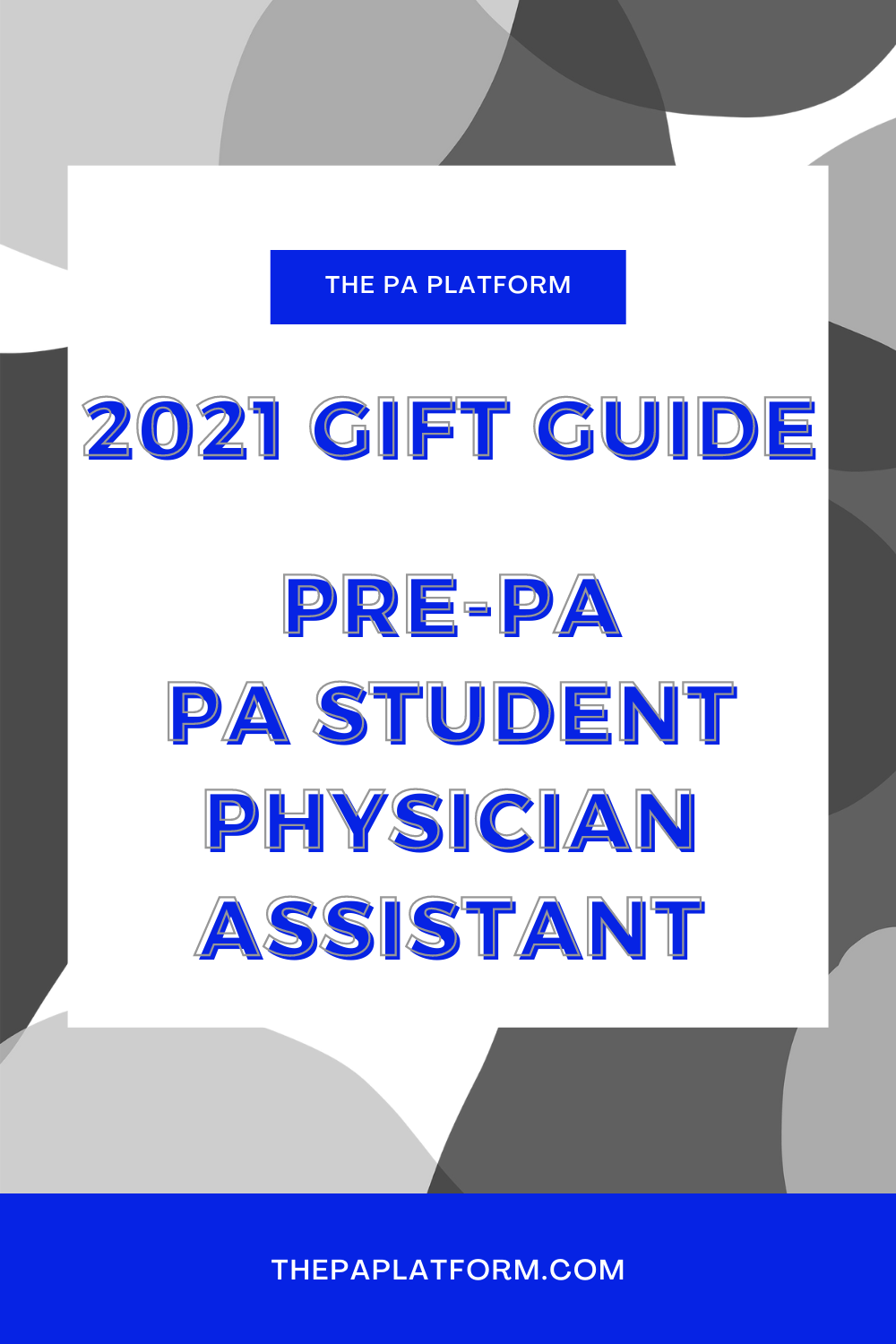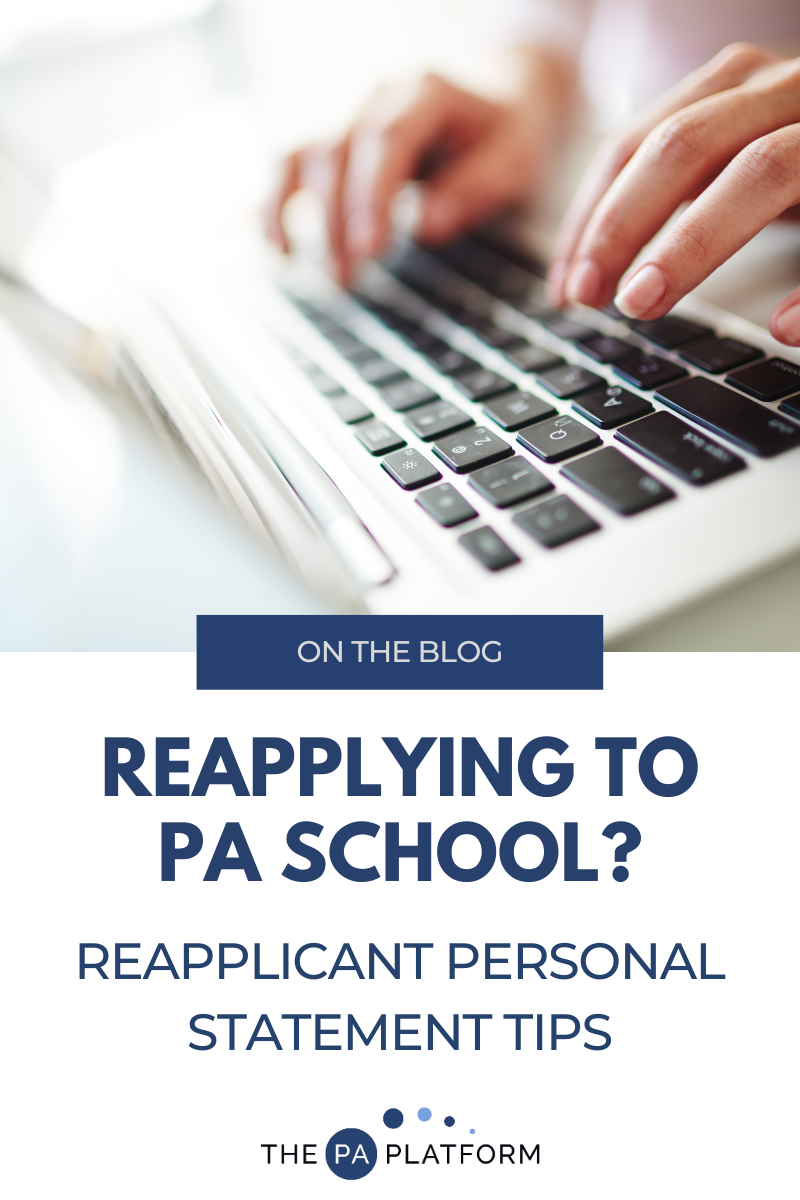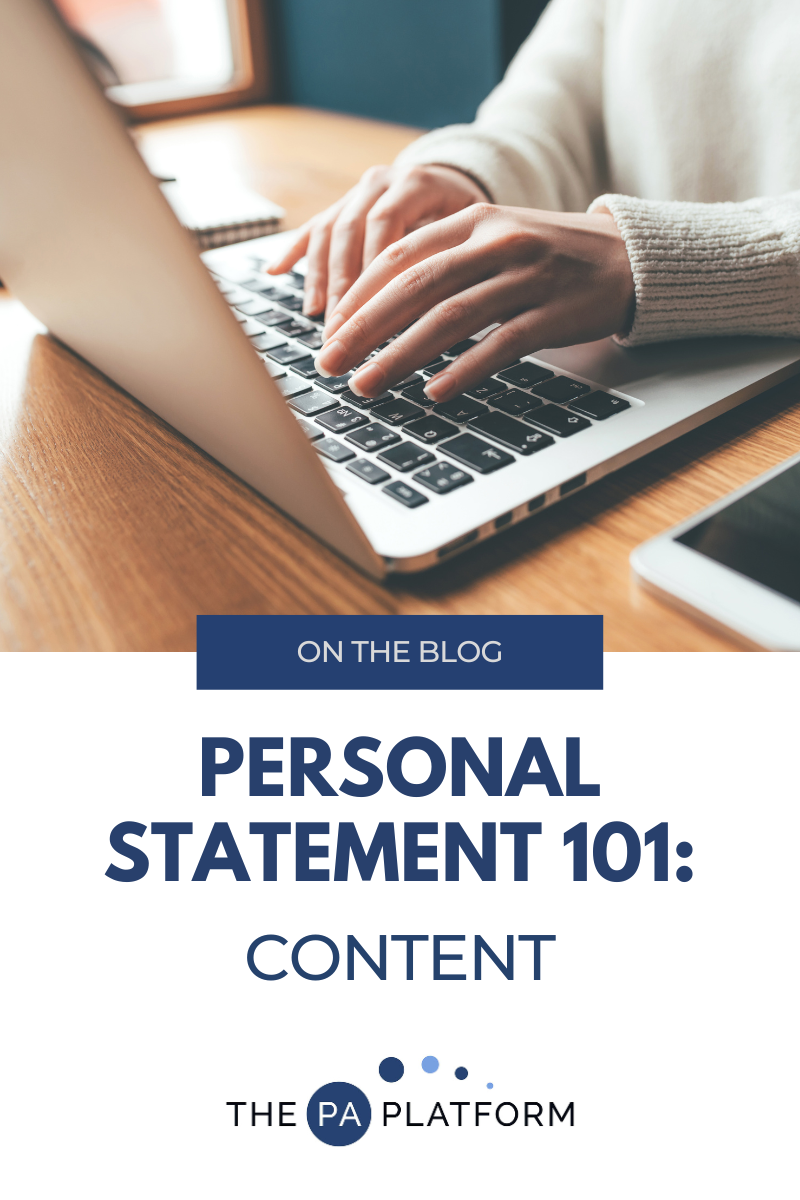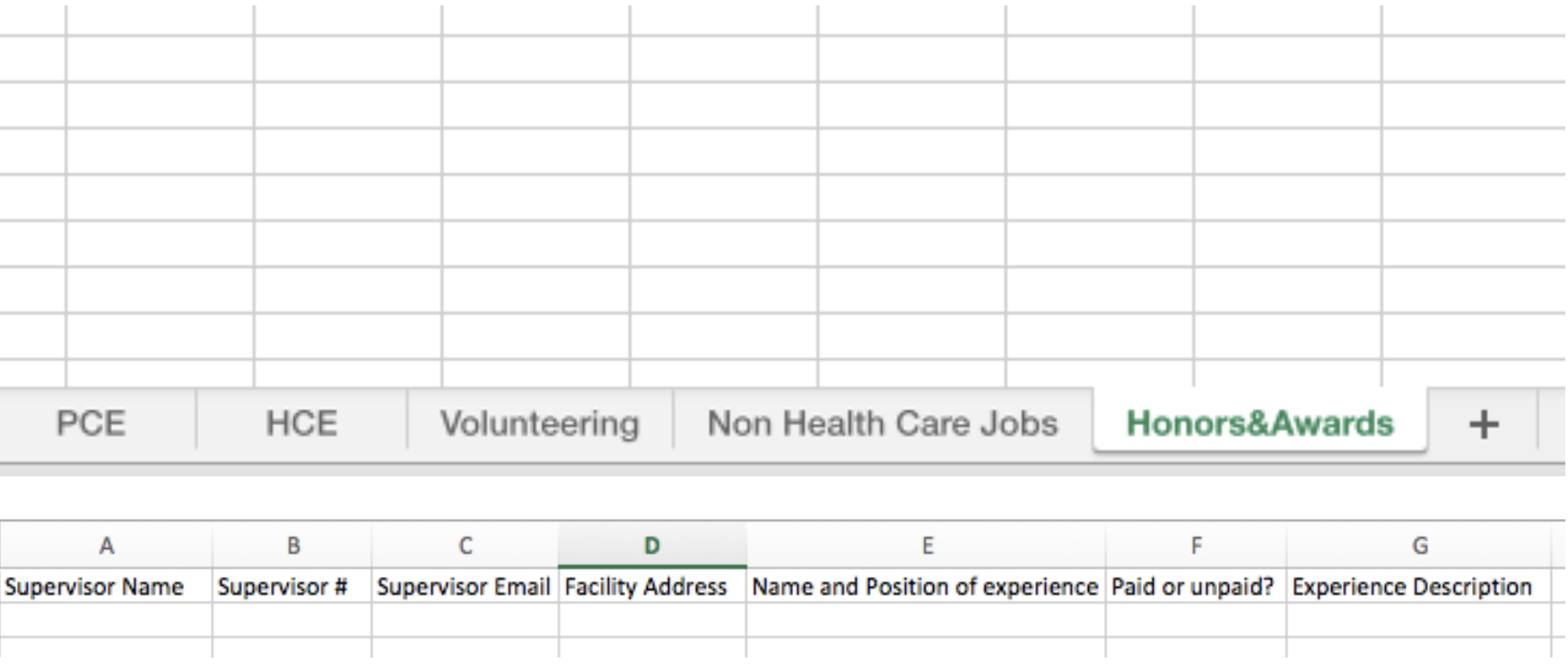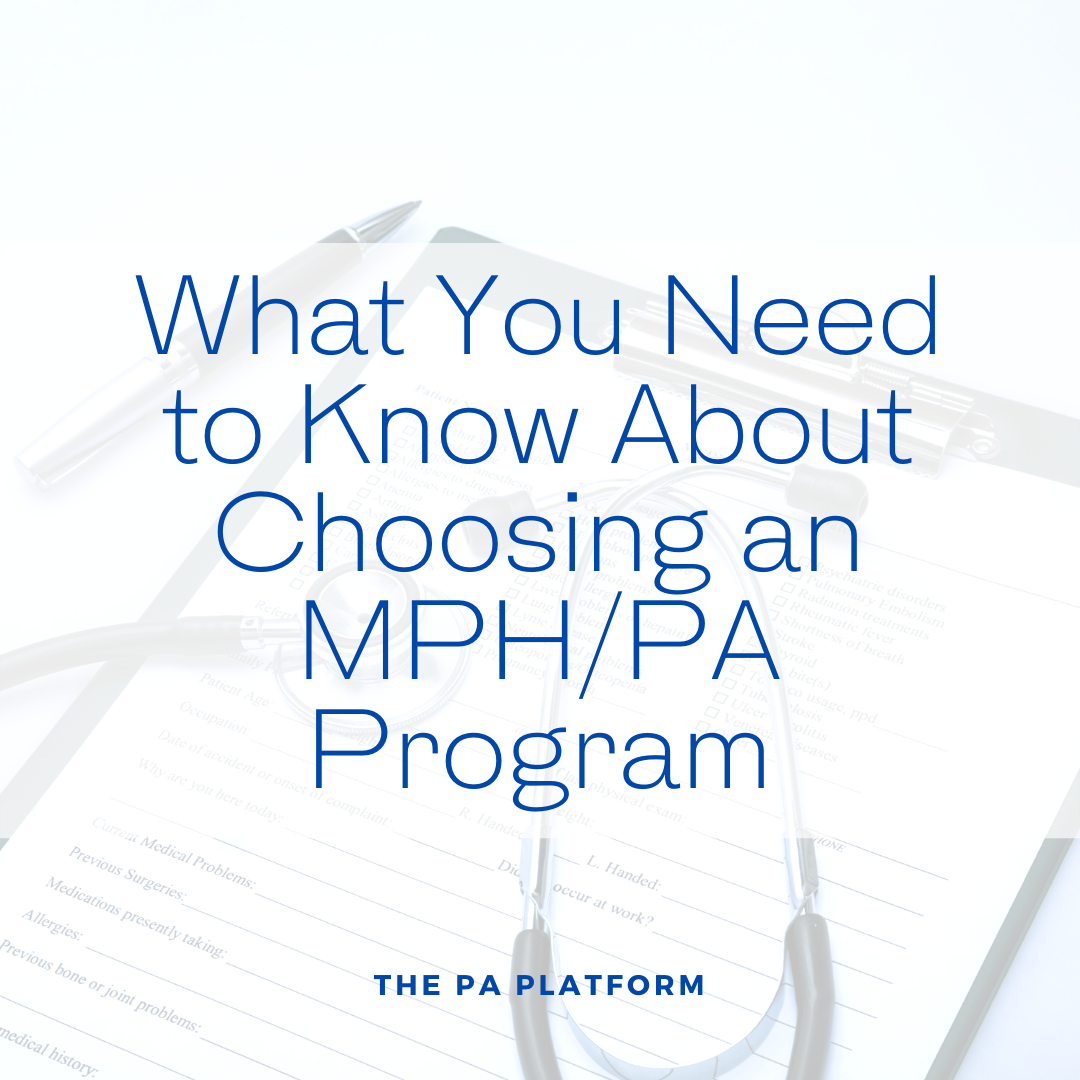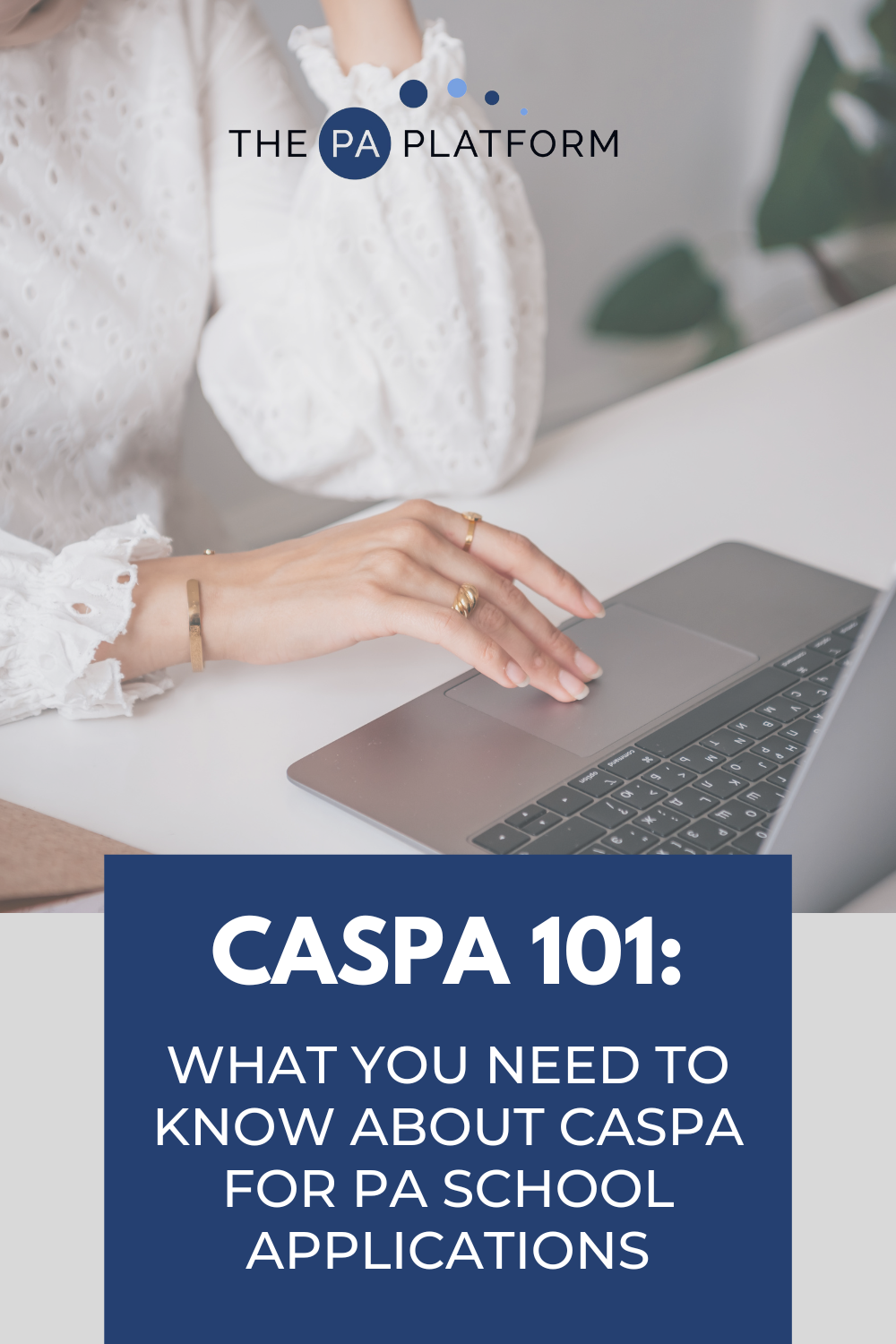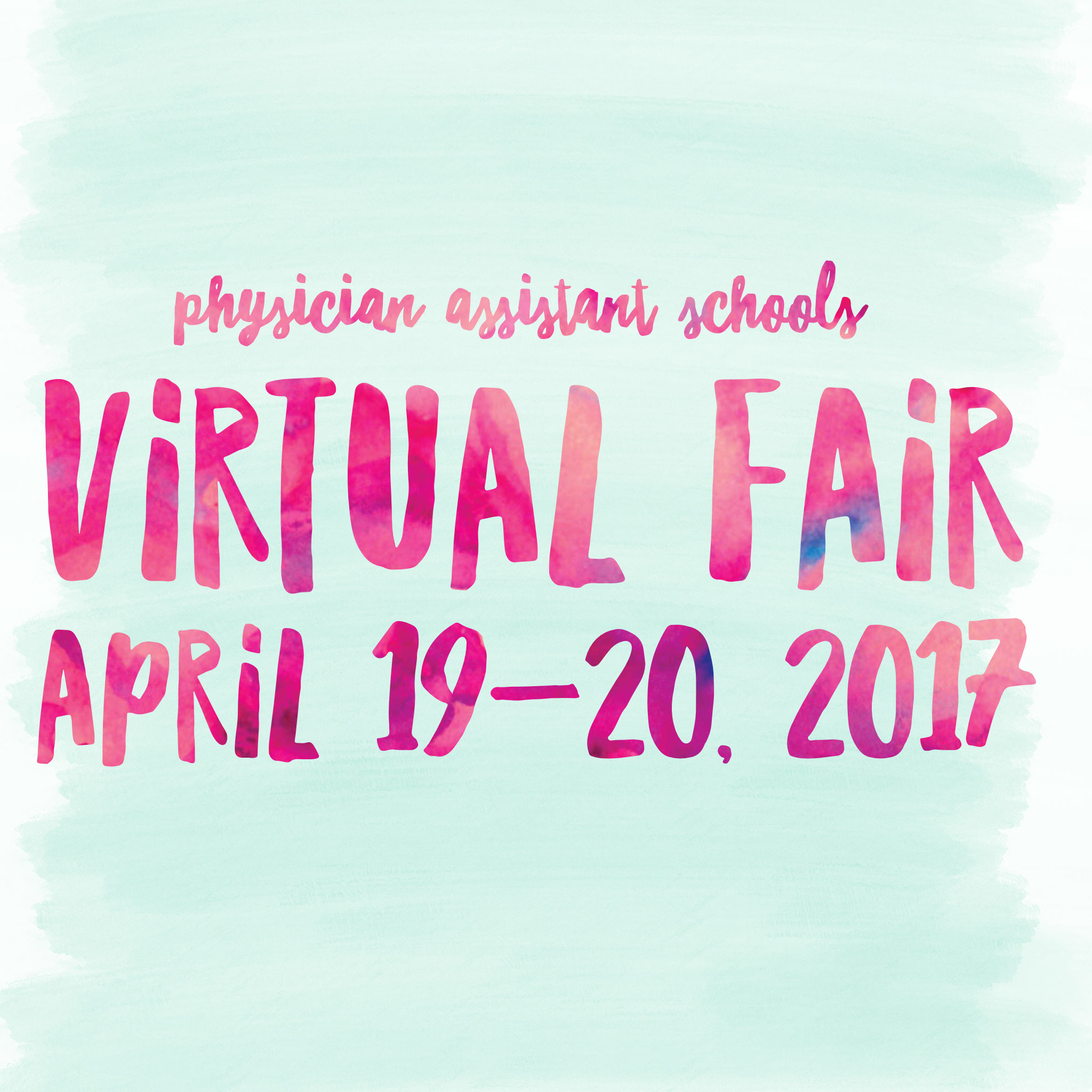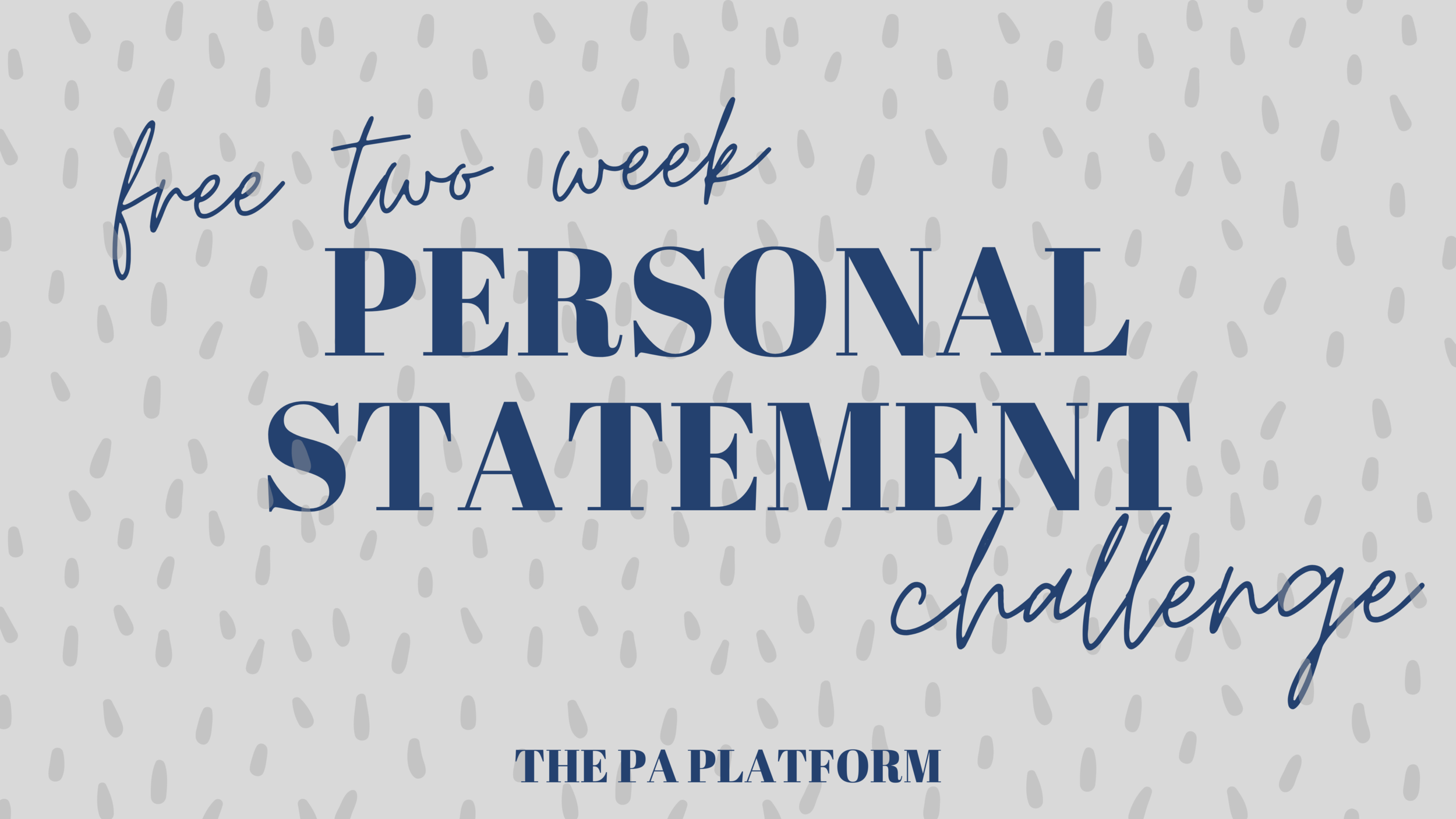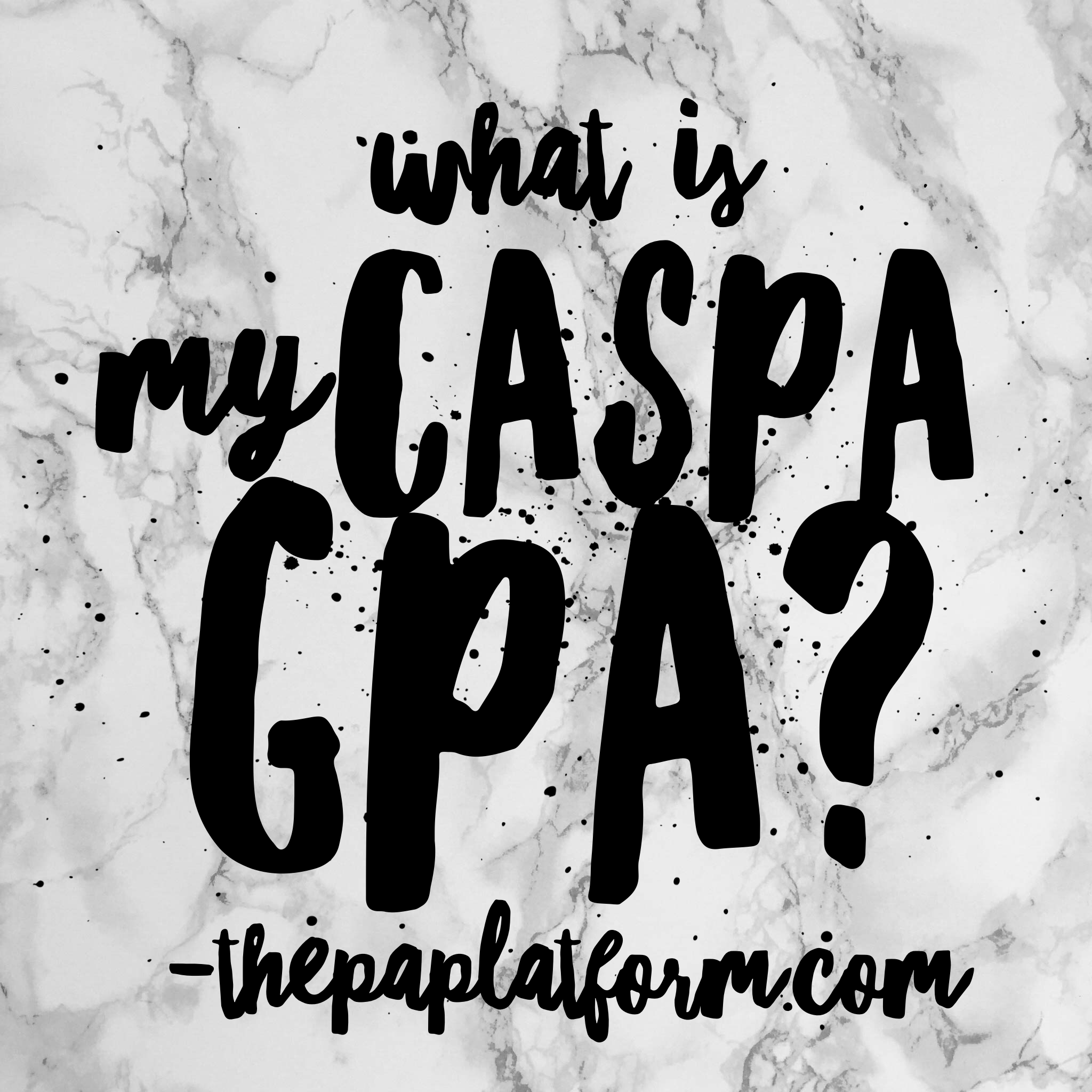Scrubs are a big part of my life. I spend at least 50% of my life wearing scrubs since I work as a dermatology PA. It's really important to me that my scrubs are super comfy, long-lasting, and I like for them to look nice too.
Scrubs can be hit or miss. While I've found some great pairs at Wal-Mart, I've also ordered some pretty terrible ones from Amazon or scrub stores.
I was really pumped to get the chance to try out a type of scrubs that I've never worn before by Med Couture. This company prides itself on being both fashionable and high-quality. They have a few different collections of scrubs, including Activate, MC2, and Med Couture. They offer scrubs for men and women, and also have maternity scrubs, petite and tall, underscrub, jackets, lab coats, and even scrub dresses. (I don't know that I'll ever need the dresses one, but good to know!)
The scrubs I was sent to try are part of the new Activate line, which advertises 4-way stretch for an active lifestyle. (These scrubs were provided to me free of charge, but all opinions are my own! I only want to share things with you guys that I support, and I want you to have all the info before deciding if you want to buy!) The top I'm wearing is the Med Couture Activate In-Motion V-Neck Top and the pants are Med Couture Activate Transformer Cargo Pants. For reference, I'm 5'1'' and I weigh 115 and I am wearing an XS in the top and XS Petite in the pants.
Let's start with the things I love! First of all, these scrubs feel awesome right out of the package. I would describe the fabric as silky with a good bit of stretch. I'm constantly bending down to took at the bottom of patient's feet or to make sure there aren't any funny moles hiding, so I need my scrubs to move and stretch with me. These scrubs are also very light and super comfy, which is awesome for our hot Georgia summers. The style and fit is spot on - really flattering without being too tight or boxy. There is an abundance of pockets, and even some with zippers and snaps. I've been loving using the front pocket as a dedicated spot for pens, and the zipper pockets are nice when I'm running out for lunch and don't want to take my usually massive purse with me.
The color is also definitely a true navy. I typically wear navy scrubs at work, and I don't want them to be too light or more of a black navy, and these are perfect. They have some cool lime green accents too on the drawstring and some of the pockets, which I appreciate! The other thing to note is the cost of these scrubs is awesome. They range from around $20-30 per piece, which isn't bad at all for scrubs that are durable and have a good fit.
My only complaints, which aren't really a big deal, is that the petite pants are almost too short. Like maybe they needed a 1/2 inch more. The inseam on the petite pants for this particular type is 28.5 inches. That being said, I would rather have scrubs almost too short instead of a foot too long that I would have to get hemmed. I alternate between wearing Danskos or my Nikes, and for this pair of scrubs, I'll stick to my tennis shoes because they're a tad too short with Danskos.
I think I would also size up on the top personally. I have what could be called an hourglass shape (AKA - I do have hips.) so the top was slightly tighter around the hip area, but not enough that it would prevent me from wearing these scrubs or even enough that I would want to exchange them.
If you're interested in purchasing any Med Couture scrubs, you can check out their online scrub shop or order them on Amazon to use that awesome Prime free 2-day shipping. Also make sure to follow @medcouture on Instagram so you don't miss out on any promotions! Comment with your favorite scrubs so I'll know what kind to try next!
**This post does contain some affiliate links, which means if you click on the link and make a purchase, I get a few cents to keep my site running!









